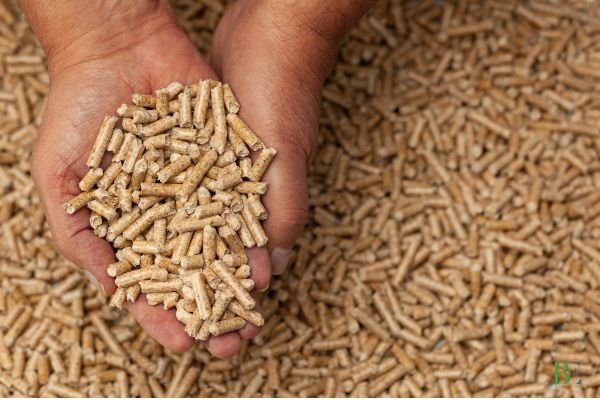
Benefits of Biomass Pellets in Industrial combustion
Biomass pellets offer several key benefits for industrial combustion applications, making them an increasingly popular alternative to fossil fuels. Here’s a breakdown of the major advantages:
1. Renewable and Sustainable
- Source: Made from organic materials like sawdust, agricultural residues, or energy crops.
- Carbon Neutral: Biomass releases CO₂ during combustion, but it’s roughly equal to what the plants absorbed during growth, resulting in a lower net carbon footprint.
2. Lower Emissions
- Compared to Coal and Oil: Biomass pellets produce significantly less sulfur dioxide (SO₂), nitrogen oxides (NOₓ), and particulate matter.
- Helps Meet Regulations: Useful for industries needing to comply with tightening emissions regulations.
3. High Energy Efficiency
- Uniform Size and Moisture Content: Ensures consistent and efficient combustion.
- High Energy Density: Compared to raw biomass, pellets have better combustion characteristics and more stable calorific value (typically 16–20 MJ/kg).
4. Cost-Effective
- Stable Pricing: Less subject to volatile markets than fossil fuels.
- Operational Savings: Reduced maintenance costs due to cleaner combustion and lower slag formation.
5. Ease of Handling and Storage
- Compact and Dry: Easier to transport and store compared to raw biomass.
- Automated Feeding: Compatible with automated fuel feeding systems, enhancing convenience and labor efficiency.
6. Waste Reduction
- Utilizes Residues: Converts industrial and agricultural waste into valuable fuel, reducing landfill dependency and waste disposal costs.
7. Supports Local Economies
- Local Sourcing: Promotes rural development and job creation by using locally sourced biomass feedstocks.
Consult Bioenergy Solutions team for more details. We provide free consultation.
